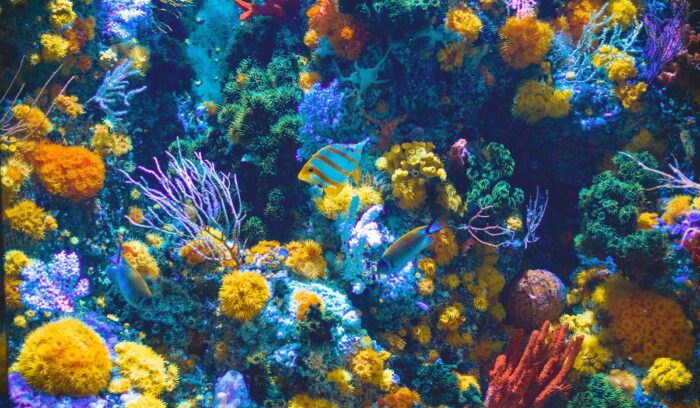Texas passes largest state-funded psychedelic research initiative in history to study ibogaine
In a historic and bipartisan move, the State of Texas has approved $50 million in state funding for drug development trials for ibogaine, a powerful, naturally occurring medicine showing extraordinary promise as a breakthrough treatment for substance use disorder, trauma-related conditions, and traumatic brain injury. With the passage of House Bill 3717, Texas now leads the country—and the world—in psychedelic research investment.










